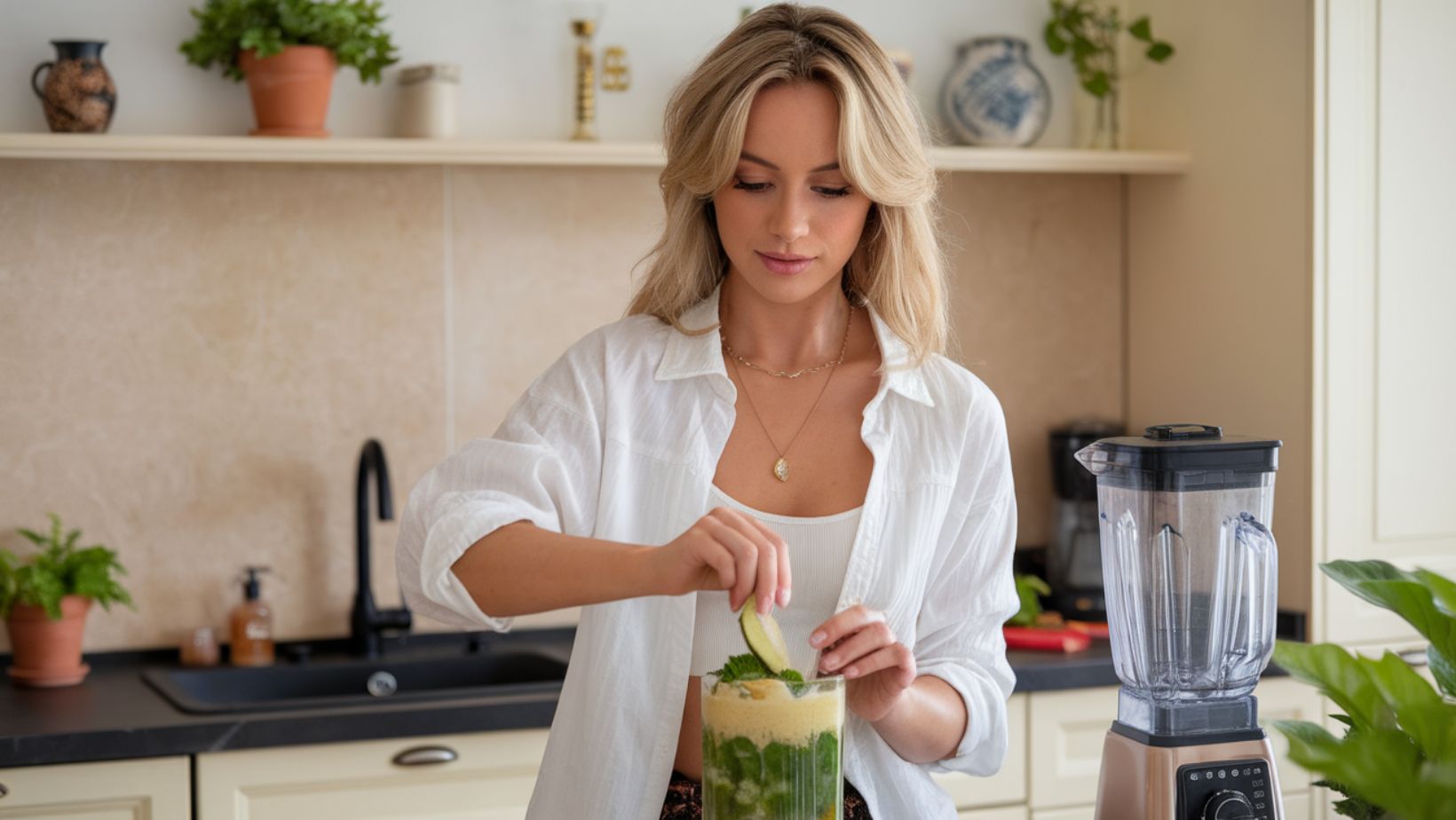While the rest of the world obsesses over green juices, meditation apps, and wellness retreats, Parisian women seem to exist in a parallel universe where pleasure trumps restriction. What if everything we’ve been told about modern wellness culture is wrong, and the French capital holds the key to a more sustainable approach to health? In a city where bakeries outnumber juice bars ten to one, how do Parisian women maintain their renowned vitality and joie de vivre? Could their notorious skepticism towards health trends actually be the secret to their well-being?
Parisians Have Mastered the Art of Intuitive Eating Long Before It Became Trendy
In the narrow streets of the Marais district, you’re more likely to find locals enjoying a leisurely breakfast of coffee and croissants than sipping on green smoothies. According to recent surveys, less than 5% of Parisian women report following any specific diet or wellness trend. This isn’t mere coincidence – it’s deeply rooted in cultural values that prioritize pleasure and moderation over restriction and rules. A recent study by the French National Institute of Health revealed that despite their seemingly indulgent eating habits, Parisian women have some of the lowest obesity rates in the developed world, at just 11% compared to the global average of 30%.
The Traditional French Approach to Food Remains Unshaken by Global Wellness Trends
While wellness influencers promote exotic superfoods and complicated eating schedules, Parisian women stick to a surprisingly simple philosophy. They typically eat three main meals a day, with minimal snacking – a pattern that has remained largely unchanged for generations. Fresh, whole foods purchased from local markets form the backbone of their diet. A survey conducted in 2022 showed that 78% of Parisian women shop at local markets at least twice a week, prioritizing seasonal produce over trendy imported ingredients.
Real Butter Over Coconut Oil Has Been Their Secret All Along
In stark contrast to the global wellness movement’s demonization of traditional fats, Parisian kitchens continue to embrace butter, cream, and cheese. Local food culture advocates for high-quality, minimally processed ingredients rather than their “healthified” alternatives. Statistics show that while the global market for dairy alternatives grows by 20% annually, France’s consumption of traditional dairy products remains stable, with Parisians leading the charge in defending their culinary heritage.
Coffee and Wine Are Considered Cultural Staples Not Health Decisions
The typical Parisian approach to beverages would make any wellness guru shudder. Rather than starting their day with celery juice or adaptogenic elixirs, Parisians remain loyal to their café au lait. Wine is viewed as a cultural cornerstone rather than a guilty pleasure, with studies showing moderate wine consumption is associated with lower stress levels among French adults. The French Paradox – the observation that French people have better cardiovascular health despite a diet rich in saturated fats – continues to puzzle health researchers worldwide.
Pleasure and Satisfaction Are Considered Essential Components of Health
Perhaps the most striking difference between Parisian health philosophy and modern wellness culture is the role of pleasure. While wellness influencers often promote restriction and clean eating, Parisian women emphasize the importance of satisfaction and enjoyment. Research indicates that this pleasure-positive approach might actually lead to better long-term health outcomes. A 2023 study found that countries with more relaxed attitudes toward food, like France, report lower levels of eating disorders and better overall relationship with food.
Movement Is Integrated Into Daily Life Not Confined to Gym Sessions
Instead of scheduling intensive workout sessions or following the latest fitness trends, Parisian women typically incorporate movement naturally into their daily routines. Walking is the preferred mode of transportation, with data showing that Parisians walk an average of 3.7 miles per day. The city’s infrastructure, with its countless stairs and walkable neighborhoods, supports this lifestyle naturally. Only 15% of Parisian women report having gym memberships, compared to 50% in major U.S. cities.
Social Connection Trumps Solitary Wellness Practices Every Time
While modern wellness culture often promotes individual practices like solo meditation or personal development, Parisian women prioritize social connections and communal experiences. Long lunches with colleagues, family dinners, and weekend gatherings remain sacred traditions. Social scientists have noted that this emphasis on community and connection might be one of the key factors in the French population’s overall well-being, with studies showing that strong social ties contribute significantly to both mental and physical health.
